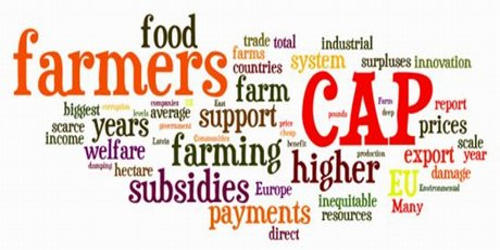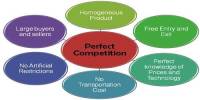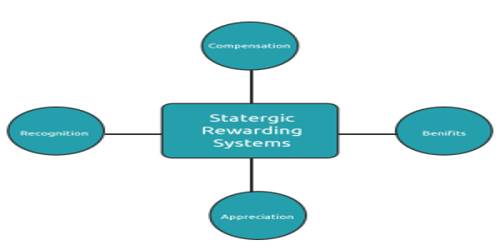Agricultural policy is concerned with the relations between agriculture, economics, and society. It describes a set of laws relating to domestic agriculture and imports of foreign agricultural products. Governments usually implement agricultural policies with the goal of achieving a specific outcome in the domestic agricultural product markets. The development of agricultural production and structures is of high importance in the context of the Common Agricultural Policy (CAP).
Agricultural policies use predetermined goals, objectives, and pathways set by an individual or government for the purpose of achieving a specified outcome, for the benefit of the individual(s), society, and the nations’ economy at large. These are critical for building the resilience of agricultural landscapes and agriculture-based livelihoods to social-ecological shocks and stresses, especially in developing economies. Agricultural policies take into consideration the primary, secondary and tertiary processes in agricultural production. Outcomes can involve, for example, a guaranteed supply level, price stability, product quality, product selection, land use, or employment. Land ownership and the structure of farm enterprises were traditionally regarded as primarily social problems. Factors constraining agricultural development include land degradation, pests and diseases, high input prices and low produce prices, a largely resource-poor agricultural labor force, and postharvest losses.
This is a policy concerned both with protecting the economic interests of the agricultural community by subsidizing farm prices and incomes and by promoting greater efficiency by encouraging farm consolidation and mechanization. Agriculture has large impacts on climate change, estimated to be contributing 20–25% of global annual emissions as of 2010. Agriculture seems, a priori, to be off of the agenda when it comes to building a strategy or a security and defense system. Moreover, agriculture is highly vulnerable to the negative impacts of climate change, such as decreases in water access, geophysical processes such as ocean level rise and changing weather, and socioeconomic processes that affect farmers, many of whom are in subsistence economic conditions. The Organization for Economic Cooperation and Development (OECD) follows the same approach as European countries. In general, agricultural policy in developed countries aims at improving:
- income in agriculture,
- income distribution among farmers,
- productivity in agriculture,
- efficiency in the processing and marketing chain,
- supply and price stability,
- rural development and the demographic situation,
- environmental status, and
- export, employment, production, added value, etc.
In order for global climate change mitigation and adaptation to be effective a wide range of policies need to be implemented to reduce the risk of negative climate change impacts on agriculture and greenhouse gas emissions from the agriculture sector. These policies need to respond to changing times. After a long period of dominance by state parastatals in the supply of agricultural inputs and outputs, time was ripe to turn the tide.
















